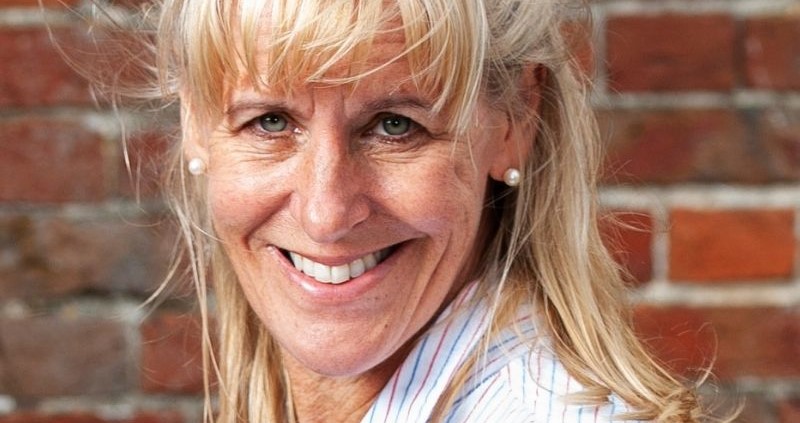There has been much confusion over Home Office guidance on wages for those coming to the UK under Seasonal Agricultural Workers Scheme (SAWS) and growers are rightly concerned about significant additional costs this could add to their businesses, especially at a time of soaring input costs.
What have the Home Office and Defra said?
Guidance provided by the Home Office to the labour providers prior to NFU Conference indicated wages could be in excess of £12.31 an hour, not the £10.10 an hour previously suggested. This is due to the guidance saying wages must also equal or exceed both £10.10 an hour and £25,600 per year, and the hourly rate being based on a 48 hour working week.
Defra SoS George Eustice told NFU Conference on 22 February that this was an error in the drafting of the guidance and reassured the Conference that wages would remain at £10.10 an hour.
Mr Eustice explained: “It is regrettable when mistakes happen in guidance. The policy we’ve got is clear; there is going to be a minimum wage that will be higher than the national living wage for those coming in under the Seasonal Agricultural Workers Scheme. It will be £10.10 an hour, and we will ensure any clarification needed is given.”
The Home Office guidance sent to labour providers says:
“For any worker you sponsor on the Seasonal Worker route who will be making their application for entry clearance on or after 6 April 2022, you must confirm they will receive a salary that equals or exceeds both of the following:
- £25,600 per year
- £10.10 per hour
“These rates are in line with the Skilled Worker minimum salary threshold and hourly rate. The rates will be reviewed and updated regularly to reflect the latest available salary data.
“If the amount you will pay the worker is below these rates, we will refuse their application for entry clearance.
“If we grant permission to a sponsored worker, but later find that you stop paying, or have never paid, them in line with these rates, we will take action against you – this could include revoking your sponsor licence.”
The guidance also states that:
- picking bonuses, overtime rates or other allowances cannot be part of this calculation
- if a worker averages 60 hours per week, the calculation to make sure they meet the £12,800 income will only include the first 48 hours
- part-time work is also not part of the calculation. So unless someone earns £12,800 over 6 months, they have not met the requirement.
Why are these costs concerning for growers?
It had previously been suggested that minimum wages for the scheme could be set to mirror salary requirements under the skilled worker route into the UK, at £10.10 an hour. But even those terms would represent a 13% hike on the current National Living Wage and 7% on changes to the NLW due in April.
The above Home Office figures are even more concerning because they have been calculated on a 48-hour working week when, for many businesses, the average seasonal worker works 40 hours per week.
Therefore, to meet the Home Office’s proposed new salary of £25,600 a year for those working 40 hours a week, workers would have to be paid at least £12.31 per hour – that is a 38% wage increase on today’s National Living Wage.
Mr Eustice said there had been an error in the drafting of the Home Office guidance. The NFU is seeking urgent clarity.
Watch the discussion below from 14:30:00.
Mrs Batters was joined by NFU members in the audience to ask a series of tough questions about Farming Rules For Water, the Sustainable Farming Incentive, the Australia trade deal and the crisis in the pig sector.
Fund expansion
Within his address, Mr Eustice announced an expansion to the Farming Equipment and Technology Fund which was hugely oversubscribed on its launch in late 2021. He said the fund would increase to £48 million, allowing more than 4,000 more farmers to proceed with their applications.
He said: “I recognise the phenomenal efforts of the food and farming industry in helping us deal with the pandemic, particularly early on when we had that panic-buying episode. I want to thank Minette and the NFU team in working with Defra develop future policy.”
Animal Health and Welfare Pathway
Mr Eustice also implied that government wants to focus on the individual needs of each farmer, and he heavily promoted Defra’s Animal Health and Welfare Pathway.
Read more about this at the Defra website: Environment Secretary sets out animal health and welfare support for livestock farmers
After considering industry positives in recent times, such as rising beef and lamb prices alongside combinable crop market recovery, Mr Eustice did acknowledge that some of these changes to farm income could be temporary as these things move in cycles. He spoke of the sharp price rises in inputs biting profit margins, and of the difficulties within the pig sector and how Defra has a long term goal of creating a more transparent food chain.
After considering industry positives in recent times, such as rising beef and lamb prices alongside combinable crop market recovery, Mr Eustice did acknowledge that some of these changes to farm income could be temporary as these things move in cycles. He spoke of the sharp price rises in inputs biting profit margins, and of the difficulties within the pig sector and how Defra has a long term goal of creating a more transparent food chain.
He said: “At the heart of future agricultural policy is the wish to support individual farmers and their choices” and continued to say Defra wanted to see the end of the ‘top down’ rulebook from the EU and for people to choose what’s right for their farms.
Future policy
Speaking about future policy implementation, he said: “We are encouraging those farmers not already in Countryside Stewardship to engage with that programme. It gives them opportunity to engage with the schemes more ambitiously than the SFI might enable them to. We envisage that Countryside Stewardship may become a stepping stone to local nature recovery (LNR) and it will be very easy for farmers to convert Countryside Stewardship agreements in future to a future LNR scheme. Already, we have 40,000 engaged in Countryside Stewardship – I would encourage those of you not engaged to get involved.
“In Defra, we are committed to designing our future policy with industry, we’ve put in place this policy of co-design with groups of technical experts in each area working with us to design the future policies as we put them in place.”


